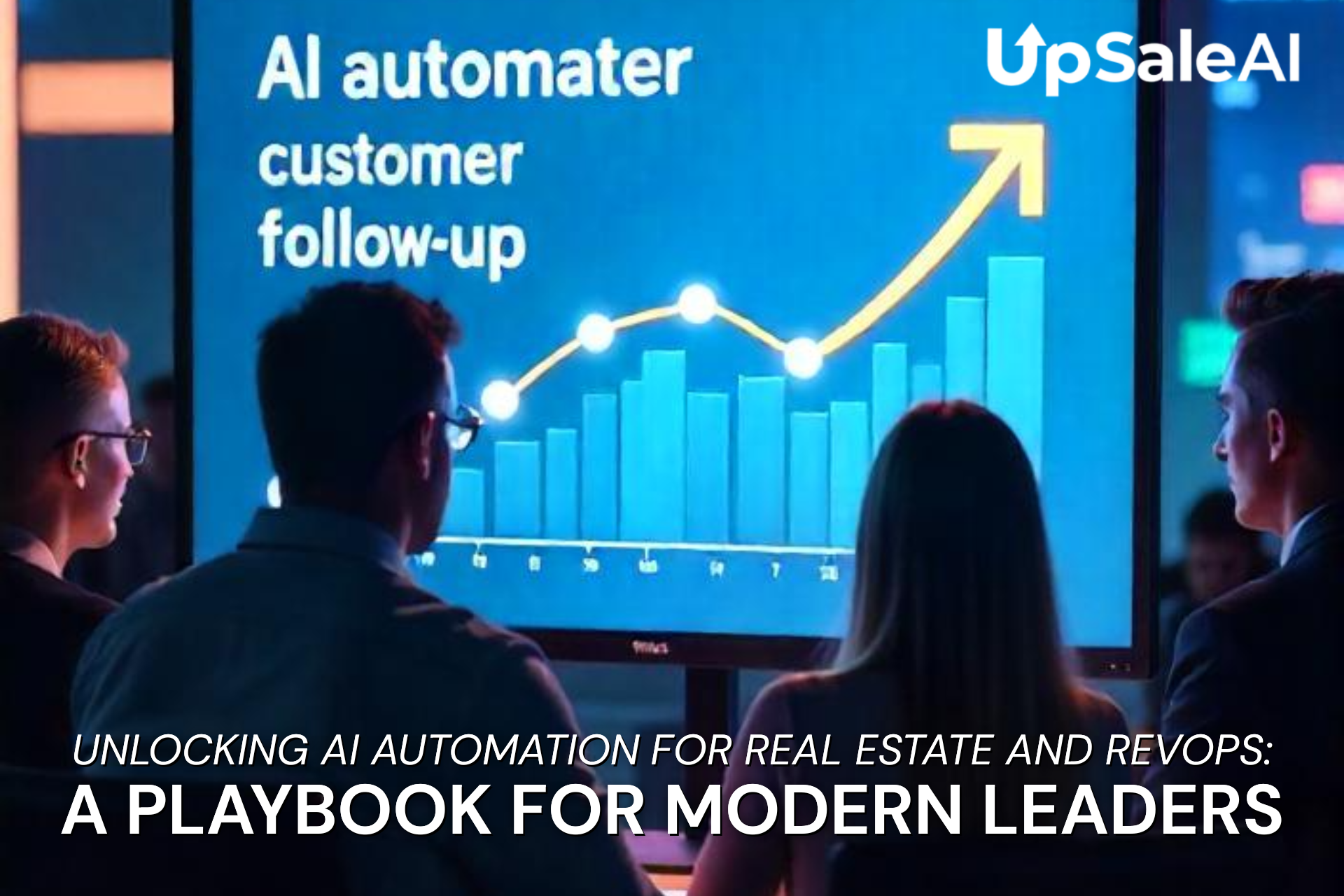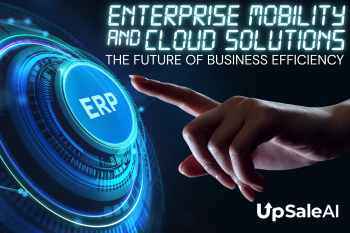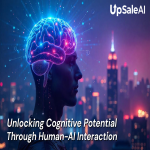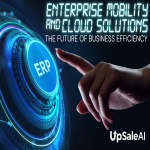Artificial intelligence (AI) automation has become a transformative force for modern enterprises, providing unparalleled opportunities to enhance efficiency, productivity, and competitiveness. AI-powered analytics and automation technologies have the potential to generate up to $5.8 trillion in annual value, as reported by McKinsey. This blog explores how Program Managers and CXOs can leverage AI to streamline workflows, improve customer experiences, and achieve sustainable growth in today's dynamic business environment.
Advantages of AI-Driven Automation
Implementing AI-driven automation offers numerous benefits for enterprises:
- Boosted Efficiency: Automation can improve productivity by up to 40% by eliminating repetitive tasks and optimizing workflows.
- Cost Savings: Scalable AI systems adapt to market changes without significantly increasing costs, offering businesses a competitive advantage.
- Enhanced Decision-Making: AI-powered analytics process vast amounts of data rapidly, providing actionable insights for better decision-making.
- Improved Customer Experiences: AI chatbots and virtual assistants deliver personalized, 24/7 service, reducing wait times and increasing customer satisfaction.
By embracing these advantages, enterprises can position themselves as leaders in their respective industries.
Implementing AI Strategies
To implement AI automation successfully, enterprises should focus on high-impact areas of their operations. Key steps include:
- Workflow Assessment: Identify areas where automation can provide maximum benefit.
- Technology Alignment: Invest in AI tools that integrate seamlessly with existing systems and align with long-term goals.
- Upskilling Employees: Prepare teams for AI-driven roles by fostering creativity and emotional intelligence.
- Ensuring Data Integrity: AI effectiveness relies on accurate, up-to-date data, necessitating strong data governance policies.
Addressing these factors ensures that businesses fully harness the potential of AI automation.
Success Stories in Automation
Many enterprises have experienced transformative results with AI automation:
- E-commerce: A major platform reduced customer service response times by 50% using AI chatbots.
- Manufacturing: Predictive maintenance powered by AI analytics decreased equipment downtime by 30%.
- Finance: A service provider enhanced fraud detection rates by 60% through machine learning.
These examples highlight AI's ability to drive efficiency, customer satisfaction, and risk management across industries.
Navigating AI Integration Challenges
AI integration is not without challenges. Common obstacles include:
- Data Security and Privacy: Protecting sensitive data requires robust encryption protocols and adherence to regulations.
- Complex Algorithms: The intricate nature of AI systems demands transparency and employee education to build trust.
- Infrastructure Compatibility: Legacy systems may require upgrades or cloud-based solutions to support advanced AI applications.
- Ethical Concerns: Avoiding bias in AI algorithms necessitates clear ethical guidelines and continuous monitoring.
Overcoming these challenges is crucial for the successful adoption of AI technologies.
In-House vs. Outsourced AI
Enterprises face a critical decision: develop AI capabilities in-house or outsource to specialized providers.
- In-House Development: Offers greater control over proprietary algorithms and data but requires significant investment in talent and infrastructure.
- Outsourcing: Provides access to cutting-edge technologies and expertise while reducing operational costs by up to 60%. Outsourced AI projects can also accelerate implementation timelines by leveraging pre-built frameworks and experienced teams.
The choice depends on budget, desired control, and specific AI applications required.
Future Trends in AI
Emerging trends in AI promise even greater innovation:
- Hyper-Personalization: Advanced AI enables more tailored customer experiences.
- NLP Advancements: Natural language processing is paving the way for more human-like interactions.
- IoT Integration: AI combined with IoT devices creates smarter, connected enterprises.
- AI in Cybersecurity: Real-time threat detection and prevention are transforming security measures.
Enterprises that embrace these trends will gain a significant competitive edge in the future.
Conclusion
AI automation offers transformative potential for enterprises seeking to thrive in a competitive marketplace. By adopting advanced tools, addressing integration challenges, and staying ahead of emerging trends, businesses can streamline operations, enhance customer experiences, and achieve sustainable growth. The time to invest in AI-driven innovation is now.






